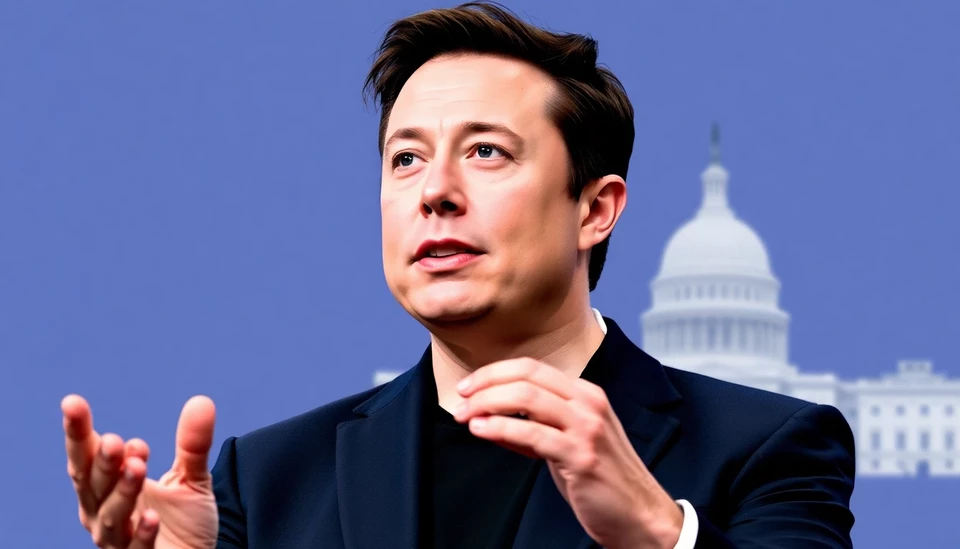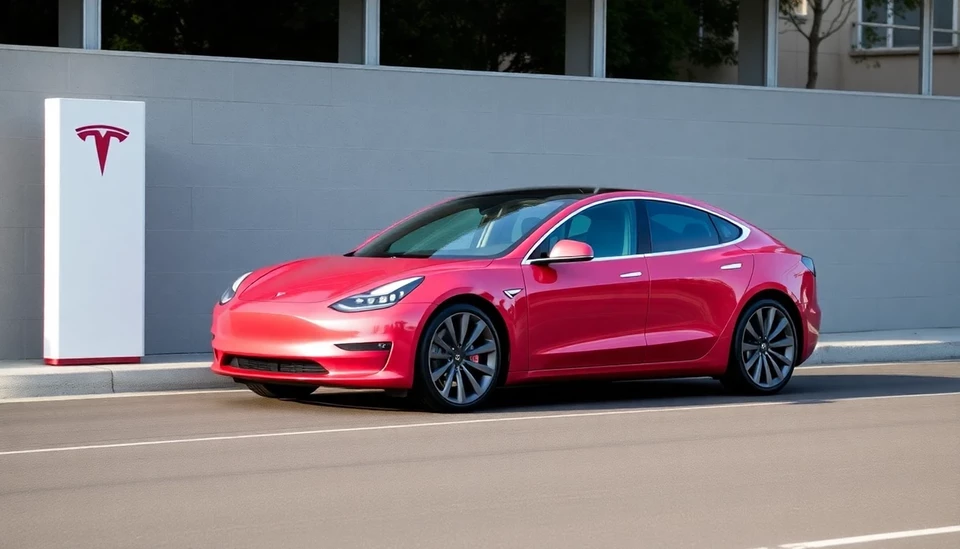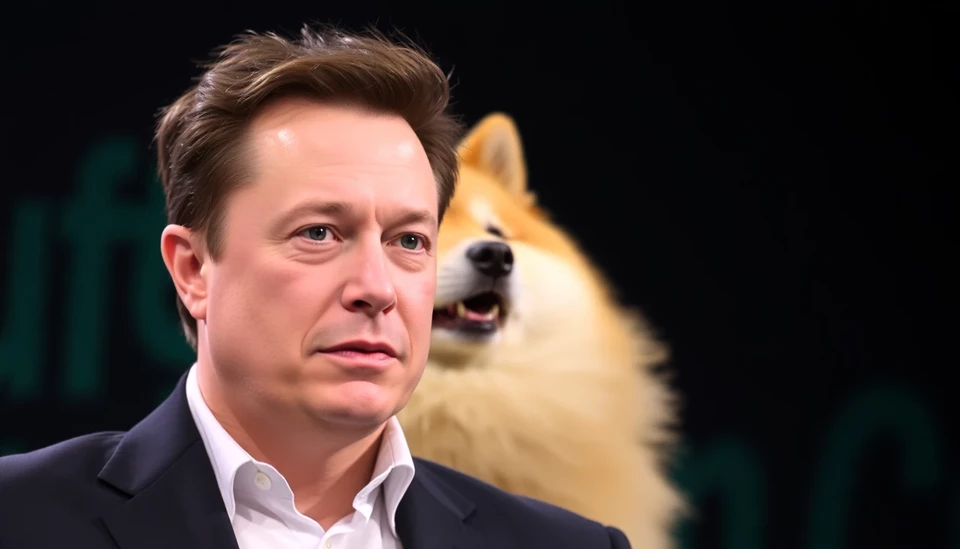
In a bold political move that is reshaping dialogues surrounding federal spending, tech magnate Elon Musk is actively engaging with members of Congress to advocate for a staggering $2 trillion reduction in the federal budget. This unprecedented push is part of Musk's broader strategy to align government spending with his vision for innovation and efficiency, particularly in the realms of technology and energy.
Musk's advocacy is primarily centered on reducing spending in areas he perceives as inefficient, potentially reallocating funds towards sectors that promise significant advancements. His approach draws on his extensive experience in both the tech industry and space exploration, emphasizing the need for government funding to reflect modern priorities—namely sustainable energy solutions, artificial intelligence, and the commercialization of space.
His meetings with Congressional leaders have proved to be quite persuasive, as Musk outlines a vision for a leaner government budget that prioritizes investment in futuristic technologies. Observers note that this could be a significant pivot for the government if successful, signaling a move away from traditional funding for established programs and toward dynamic new frontiers.
Critics of Musk’s plans warn that such substantial budget cuts could jeopardize essential public services, putting significant strain on sectors like healthcare, education, and social services. They argue that drastic reductions could lead to adverse effects on millions of Americans who rely on these government programs. Proponents, however, argue that innovation should take precedence, suggesting that reallocating funds could unleash new economic opportunities and technological breakthroughs.
The intersection of Musk's entrepreneurial background and his increasing influence in political spheres raises questions about the potential reshaping of governmental priorities. As he works to galvanize support, his approach not only highlights the growing trend of private sector leaders stepping into political advocacy but also marks a critical point in how national budgeting can reflect technological progress.
Congressional discussions are likely to intensify as Musk continues to bolster his agenda, calling for rigorous evaluations of existing programs and championing cost-saving strategies. Lawmakers are confronting a growing desire among constituents for fiscal responsibility and innovation, making Musk’s proposals potentially appealing as they consider the future direction of the country’s financial landscape.
As discussions unfold, the outcomes could set significant precedents for how government funding is approached in an era increasingly dominated by rapid technological development and change. Influencers such as Musk are capitalizing on this moment, aiming to reshape conversations around budgetary allocations to match a relentless pace of innovation.
As we move through the upcoming sessions of Congress, all eyes will be on the conversations initiated by Musk and their implications for fiscal policy and public service delivery. The outcome of these discussions could determine the trajectory of federal spending for years to come, highlighting the delicate balance between innovation and essential service provision.
In summary, Elon Musk's engagement with Congress on the proposal for $2 trillion in budget cuts represents a complex intersection of technology, politics, and public policy that could redefine governmental fiscal strategies in the near future.
#ElonMusk #Congress #BudgetCuts #Innovation #USPolitics #FederalBudget #PublicPolicy
Author: Daniel Foster




